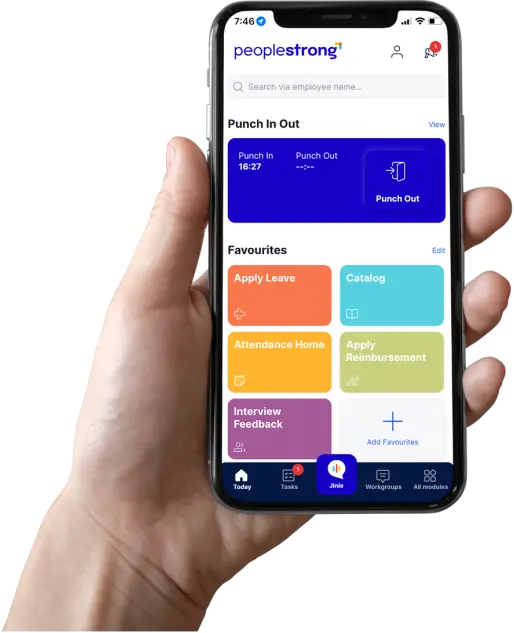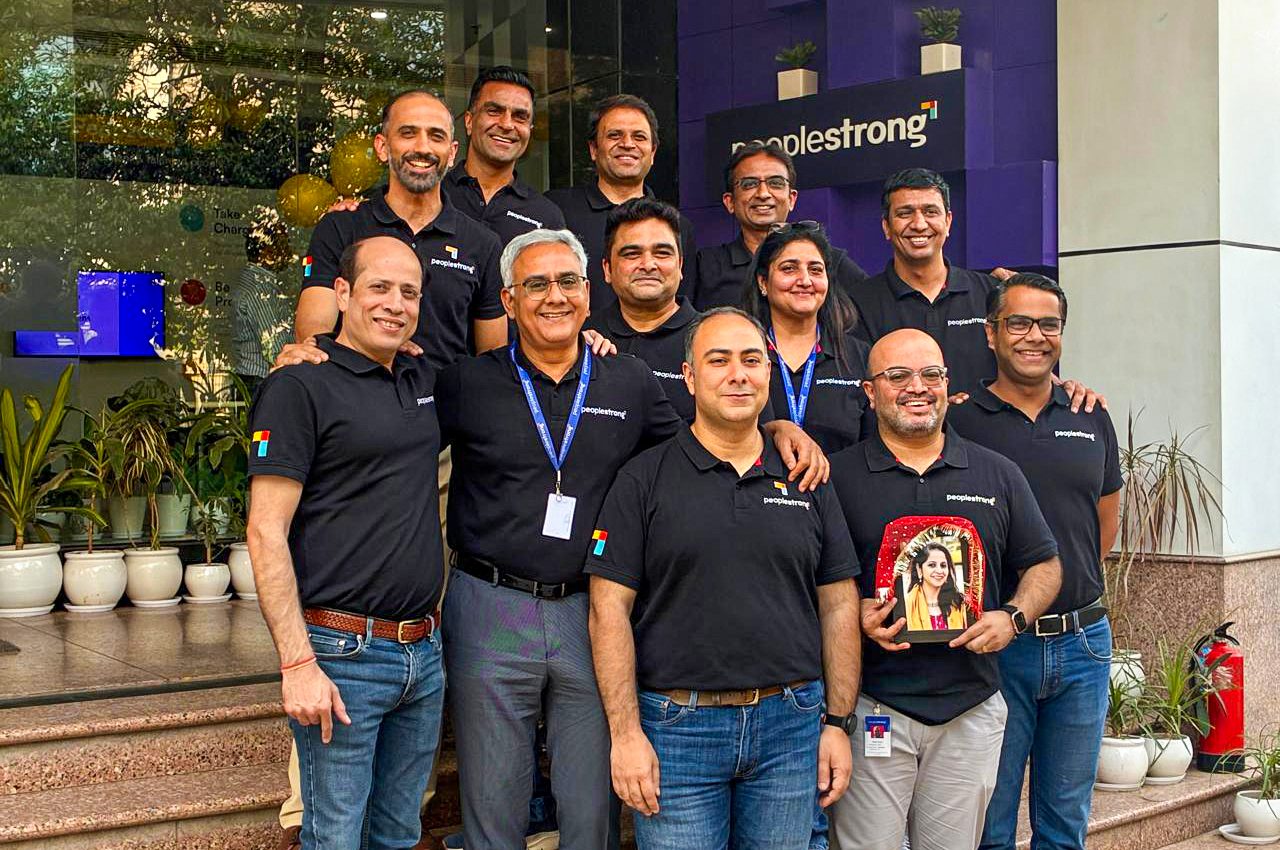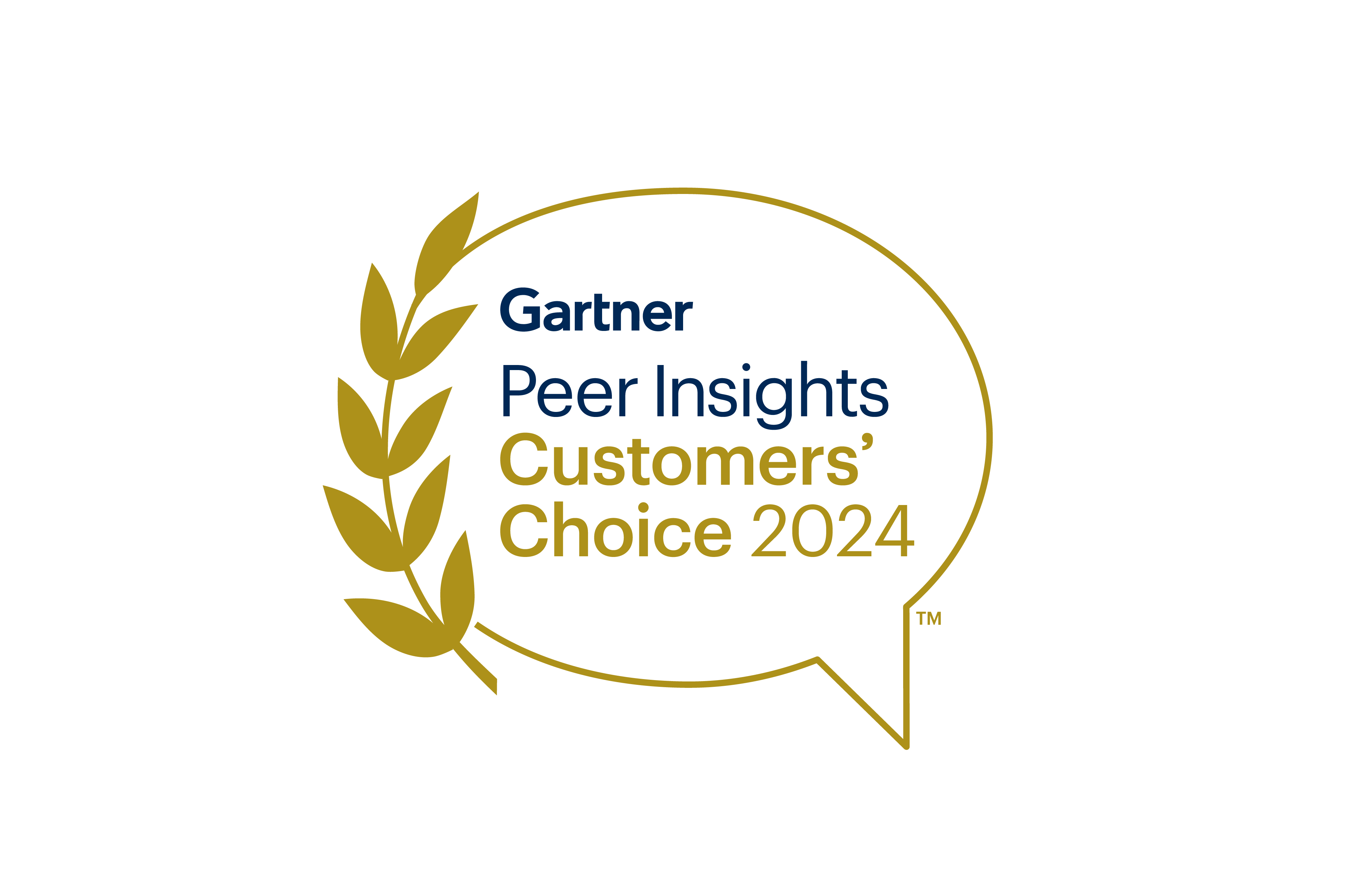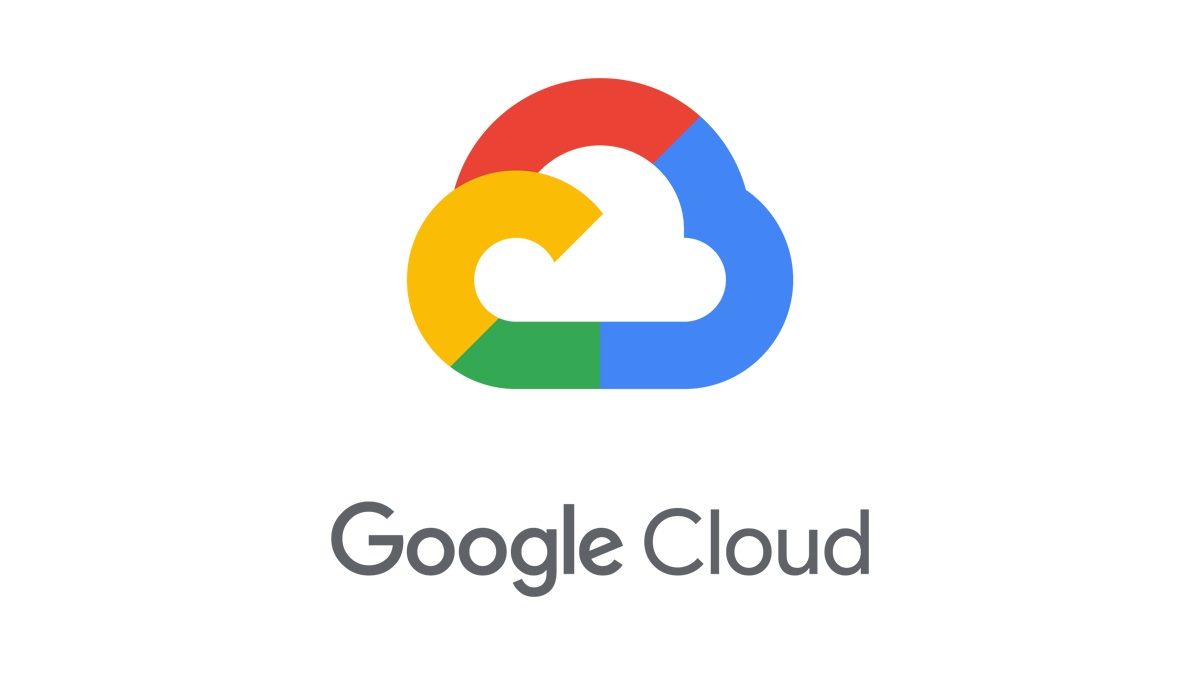Artificial Intelligence (AI) continues to redefine human resource management, shifting traditional manual methods toward advanced, automated solutions. Organizations increasingly rely on AI to streamline hiring processes, simplify onboarding procedures, and enhance employee engagement through personalized experiences.
A growing number of HR professionals now use AI-based technologies to efficiently manage routine tasks, from candidate screening to performance evaluations, freeing them to concentrate on strategic responsibilities.
According to Gartner, nearly 38% of organizations already incorporate AI in HR functions, demonstrating its widespread acceptance and proven benefits. Companies adopting AI-driven HR solutions achieve greater accuracy, reduce biases in recruitment, and see notable improvements in employee retention and satisfaction.
In this blog, we will explore the role of AI in HR, discuss key benefits, examine real-world examples, and identify critical challenges companies may face during implementation.
Key Areas Where AI is Transforming HR
AI is redefining HR with intelligent automation, data-driven insights, and personalized employee experiences. Hiring processes become more precise, workforce planning becomes proactive, and employee engagement reaches new levels. Here’s how AI is transforming key HR functions.
1. Talent Acquisition & Recruitment
Traditional hiring processes require HR teams to sift manually through countless resumes, often leading to prolonged timelines and inconsistent candidate evaluation. AI addresses this challenge through intelligent screening algorithms capable of rapidly processing applicant information, instantly matching qualifications with job requirements.
Predictive analytics further refine this process, analyzing historical data to identify candidates most likely to succeed, reducing human biases and improving the overall quality of hires.
Companies utilizing AI-driven recruitment systems report substantial benefits, including shortened hiring cycles and improved employee retention. For instance, organizations using AI for recruitment typically experience up to a 40% decrease in hiring timelines, according to IBM.
| PeopleStrong, a comprehensive HR tech platform, exemplifies this transformation with its AI-powered talent acquisition suite, enabling HR teams to efficiently manage recruitment at scale, simplify onboarding, and significantly enhance candidate experience. |
2. Employee Onboarding & Training
Traditional employee onboarding can feel tedious, leaving new hires overwhelmed by generic training programs. AI transforms this scenario through personalized learning journeys, specifically tailored to the new hire’s role, skillset, and career goals. HR departments now rely on AI-powered onboarding platforms to identify knowledge gaps quickly and deliver targeted resources, enabling employees to reach full productivity faster.
This personalized approach extends into continuous learning, where AI analyzes employee performance and career aspirations to recommend customized training and development opportunities.
| PeopleStrong’s AI-driven onboarding solution demonstrates this potential clearly. It delivers customized onboarding experiences, accelerates integration of new employees, and ensures quicker alignment with organizational goals—resulting in a highly engaged, productive workforce from day one. |
3. Performance Management & Employee Engagement
Traditional performance management methods often fail due to infrequent feedback, subjectivity, and delayed insights. AI transforms this process by introducing continuous, real-time feedback mechanisms and performance analytics.
AI-based tools automatically collect and analyze employee performance data, identifying strengths, areas for improvement, and engagement patterns. This continuous approach allows managers to address issues proactively, enhance employee motivation, and maintain transparency in evaluations.
Platforms like PeopleStrong exemplify this approach by offering AI-powered performance management tools. These tools align organizational goals clearly, provide unbiased evaluations, and deliver actionable, real-time insights, creating a productive workplace focused on measurable outcomes.
4. HR Automation & Efficiency
Traditional HR tasks often include repetitive paperwork, responding to employee queries, managing leave applications, and scheduling. AI technology replaces manual processes with automated solutions like chatbots and virtual assistants.
These AI tools instantly answer employee questions, process routine requests, and manage administrative workflows. Automation reduces workload pressure on HR teams, allowing them to shift focus toward employee growth and strategic planning.
PeopleStrong exemplifies this approach with their Gen-AI-powered chatbot, Jinie, which automates employee interactions and efficiently handles routine tasks, enabling HR to focus on strategy and employee development.
5. Workforce Planning & Analytics
Effective workforce planning relies on anticipating future talent needs and bridging skill gaps proactively. AI-driven analytics strengthen this approach by forecasting workforce requirements through advanced data analysis. AI tools examine historical trends, employee performance data, and market conditions to accurately predict hiring needs and identify potential skill shortages.
With these predictive insights, organizations can strategically plan hiring, internal mobility, and training programs—ensuring workforce readiness aligns with business objectives.
6. Employee Experience and Engagement
AI transforms employee engagement by delivering real-time insights, predicting workplace challenges, and fostering a more responsive HR approach. Traditional engagement strategies rely on periodic surveys and one-size-fits-all initiatives, often missing underlying issues.
AI-driven sentiment analysis tracks behavioral patterns, analyzes communication trends, and detects early signs of disengagement. By continuously processing data from emails, chat interactions, and internal surveys, AI identifies potential concerns before they escalate, allowing HR teams to take preemptive action.
AI-powered virtual assistants enhance employee experience by providing instant responses to HR-related queries, reducing frustration and improving accessibility. Personalized AI-driven recommendations help employees navigate career paths, training opportunities, and wellness programs based on their preferences and performance history.
Companies leveraging AI in employee engagement see increased job satisfaction, higher retention rates, and a more motivated workforce, as AI eliminates blind spots and fosters a culture of proactive support.
7. Career Development and Learning
AI-driven career development tools are reshaping how employees grow within organizations. Instead of relying on static career progression models, AI analyzes performance metrics, skills, and industry trends to provide personalized growth paths. These intelligent systems recommend training programs, certifications, and internal mobility opportunities tailored to each employee’s aspirations and strengths.
AI-powered learning platforms adapt dynamically, adjusting content based on real-time performance and engagement levels. Employees receive targeted recommendations for upskilling, ensuring their learning journey remains relevant and impactful.
Organizations using AI in career development benefit from improved talent retention, a more skilled workforce, and increased internal mobility—reducing the need for external hiring while fostering long-term employee satisfaction.
| PeopleStrong’s AI-driven Learning Management System (LMS) enhances career development by offering personalized learning paths based on skills and career goals. With real-time progress tracking and intelligent training recommendations, it helps employees upskill effectively while aligning with business needs. |
The Evolution of AI – Chatbots to Copilots to Agents
AI in HR has evolved from basic automation to intelligent systems that enhance workforce management. Chatbots were the first step, helping HR teams handle leave requests, benefits inquiries, and onboarding checklists. While effective, these tools had limitations, relying on predefined rules rather than real-time adaptability.
As HR needs grew more complex, AI copilots emerged. These systems analyzed workforce data, identified skill gaps, and provided recommendations for hiring, retention, and engagement. With data-driven insights, HR teams could make faster, more strategic decisions.
Now, autonomous AI agents are transforming HR into a proactive function. These AI-driven assistants predict employee needs, deliver real-time coaching, and personalize learning paths. Platforms integrating conversational AI, such as Jinie by PeopleStrong, are advancing this shift by providing instant HR support, guiding employees through processes, and improving overall engagement. As AI agents evolve, they are reshaping HR into a more responsive, employee-centric function.
Benefits of AI in HR
AI enhances HR by improving hiring accuracy, boosting retention, and increasing efficiency. Here are key benefits organizations gain from integrating AI into HR.
1. Faster and More Accurate Decision-Making
AI-driven analytics improve HR decision-making by processing vast employee data in real-time. Predictive models help identify turnover risks, workforce gaps, and high-potential employees. Companies using AI for workforce planning report a 35% increase in hiring efficiency (McKinsey).
2. Improved Employee Experience and Engagement
AI enhances employee experience by responding instantly to HR queries, analyzing engagement levels, and personalizing learning recommendations. AI-driven sentiment analysis helps organizations address dissatisfaction early, leading to a 20% boost in employee retention (Deloitte).
3. Enhanced Talent Retention Through Predictive Insights
AI helps HR teams spot early signs of disengagement by analyzing historical patterns and behavioral trends. Organizations using AI-powered retention strategies have seen a 25% reduction in employee turnover (PwC), as tailored interventions keep top talent engaged.
4. Cost Savings Through Automation
AI reduces HR costs by automating tasks like payroll, benefits administration, and recruitment. HR chatbots alone cut administrative workloads by 40%, allowing HR teams to focus on strategic initiatives (Gartner). Automating routine HR functions improves accuracy and speeds up operations.
5. Reduced Hiring Biases with AI-Driven Recruitment
AI recruitment tools minimize unconscious bias by evaluating candidates purely on skills and experience. Companies using AI in hiring see a 30% increase in workplace diversity (Harvard Business Review), as AI-driven selection removes subjective influences from recruitment decisions.
Challenges and Ethical Considerations To Keep in Mind While Implementing AI in HR
Adopting AI in HR comes with its own set of challenges. While AI enhances efficiency and decision-making, it also raises concerns about bias, data privacy, and the role of human oversight. Addressing these challenges ensures AI-driven HR systems remain fair, transparent, and effective.
1. Bias in AI-Driven Decision-Making
AI is designed to remove human bias, but flawed training data can reinforce existing biases. Algorithms learn from historical hiring and performance data, which may contain hidden prejudices. If left unchecked, AI can perpetuate disparities in hiring and promotions. Regular audits, diverse training data, and transparent AI models are essential to ensuring fair decision-making.
2. Data Privacy and Security Concerns
AI relies on extensive employee data, raising concerns about privacy and security. Unauthorized access, data breaches, and misuse of sensitive information can undermine trust in AI-driven HR systems.
According to IBM’s 2024 Cost of a Data Breach report, the average cost of an HR-related data breach is $4.88 million. Companies must implement strong encryption, strict access controls, and compliance with data protection regulations like GDPR and CCPA to protect employee information.
3. Resistance to AI Adoption in HR Teams
Employees and HR professionals often resist AI adoption due to concerns over job displacement and trust in AI-driven decisions. A Gartner survey revealed that 42% of HR professionals feel AI could replace human judgment, making them hesitant to rely on AI-powered tools. Transparent communication, proper training, and positioning AI as a support tool rather than a replacement can ease this transition.
4. Balancing Automation and the Human Touch in HR
While AI enhances efficiency, over-reliance on automation can make HR feel impersonal. Employees still need human connection for sensitive matters like performance reviews, conflict resolution, and career counseling.
Striking the right balance—where AI handles repetitive tasks and HR professionals focus on strategic and interpersonal aspects—ensures technology enhances, rather than replaces, the human element in HR.
The Future of AI in HR
AI is reshaping HR beyond automation, driving strategic decision-making, improving employee experiences, and fostering a more adaptive workforce. As AI continues evolving, HR will shift from administrative support to a proactive, data-driven function that enhances workforce development, engagement, and long-term business success.
1. AI’s Role in Enhancing Employee Well-Being and Mental Health
AI is transforming how organizations monitor and support employee well-being. Advanced AI systems analyze work patterns, communication trends, and engagement levels to detect signs of burnout, stress, or disengagement.
AI-powered mental health tools offer personalized wellness recommendations, real-time support, and guided interventions tailored to each employee’s needs. By integrating AI-driven insights with human-led initiatives, HR teams can proactively address workplace well-being and create a more supportive environment.
2. The Rise of AI-Driven Career Development and Internal Mobility
AI is redefining career growth by mapping employees’ skills, strengths, and aspirations to new opportunities within the organization. Intelligent talent mobility platforms match employees with internal job openings, mentorship programs, and skill-enhancing projects, making career progression more dynamic.
AI-driven career development tools help HR teams create personalized learning paths, ensuring employees continuously build relevant expertise while aligning with business objectives. This shift reduces reliance on external hiring, strengthens workforce agility, and fosters long-term employee engagement.
3. AI’s Impact on HR Compliance and Policy Enforcement
AI simplifies HR compliance by automating policy monitoring, ensuring regulatory adherence, and minimizing human error. AI-powered compliance tools continuously track labor laws, workplace regulations, and company policies, alerting HR teams to potential risks before they escalate.
Automated audits, real-time reporting, and AI-driven risk assessments enable HR departments to maintain compliance effortlessly, reducing administrative burdens and improving accuracy in policy enforcement.
4. The Potential of AI-Powered HR Assistants
AI-powered HR assistants are becoming an integral part of modern workplaces, handling administrative tasks and improving employee interactions. These AI-driven systems respond to HR-related queries, process requests, and provide performance insights, making HR support more accessible.
Unlike traditional chatbots, AI-powered assistants learn from employee interactions, refining their responses and proactively addressing concerns. Organizations enhance efficiency by integrating AI assistants into HR workflows while ensuring HR professionals can focus on high-value strategic initiatives.
Conclusion
AI transforms HR by automating tasks, enhancing decision-making, and improving employee experiences. From hiring to workforce planning, AI-driven insights help HR teams work more efficiently while ensuring a people-first approach.
Successful adoption requires balancing automation with human oversight, addressing privacy concerns, and ensuring fairness. Organizations that integrate AI strategically—automating routine tasks while keeping human-led decision-making where it matters—will build a more agile and employee-centric HR function.
FAQs
Will AI replace HR professionals?
AI will not replace HR professionals but will enhance their capabilities by automating routine tasks, providing data-driven insights, and improving decision-making. HR teams will focus more on strategic initiatives, employee engagement, and talent development rather than administrative work.
How can AI help in reducing hiring bias?
AI minimizes human bias by evaluating candidates based on skills, experience, and data-driven insights rather than subjective impressions. However, AI models must be trained with diverse datasets and regularly audited to prevent unintentional bias.
What are the best AI tools for HR?
AI tools for HR vary based on needs. Recruitment platforms use AI for candidate screening, while AI-driven onboarding systems personalize training. AI-powered performance management tools track engagement, and chatbots handle employee queries, improving efficiency across HR functions.
How does AI impact employee privacy?
AI relies on employee data for insights, making data privacy a key concern. Companies must implement strict security measures, comply with regulations, and ensure transparency in how AI systems collect and use data.
Is AI in HR expensive to implement?
AI adoption costs depend on the scale and complexity of implementation. Cloud-based AI solutions make AI more accessible to companies of all sizes, while automation of HR tasks often leads to long-term cost savings.












